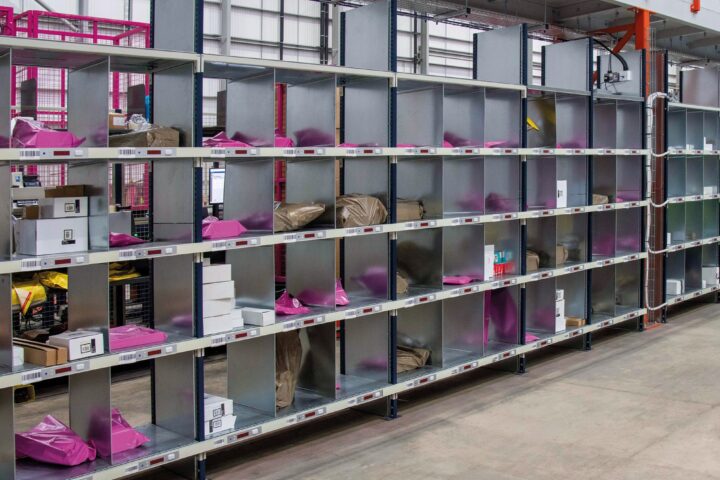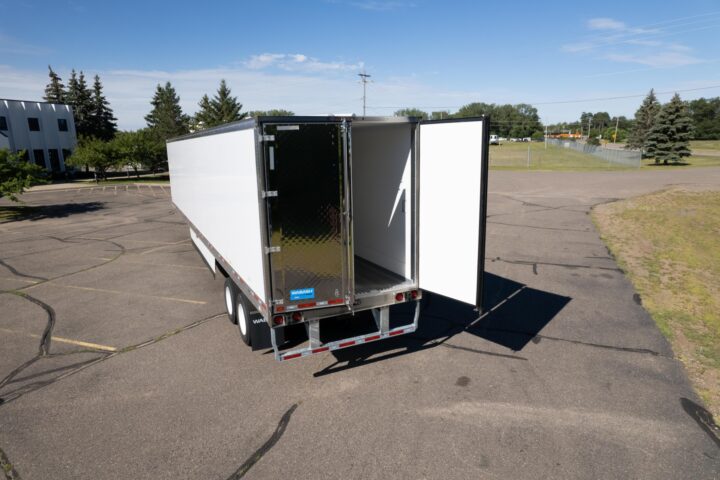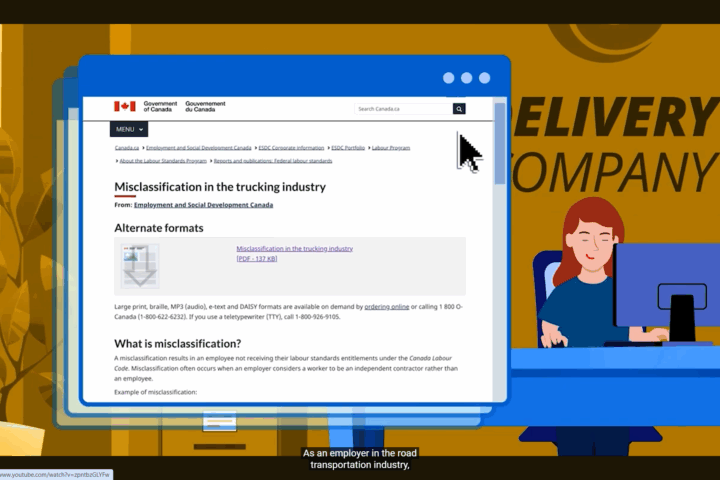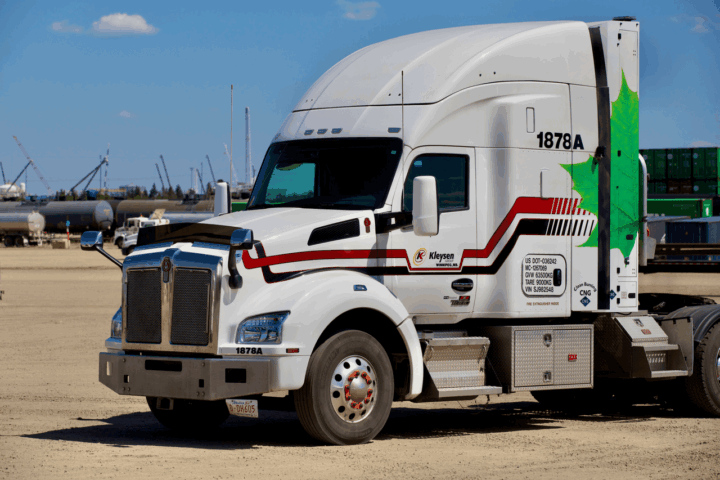A new report from the Pembina Institute studied the opportunity to shift more last-mile delivery to electric bike, tapping into a trend dubbed cyclelogistics.
The report notes between 2019 and 2025 there’s been a surge in online sales, which combined with ongoing urbanization is leading to city streets that are more crowded with delivery trucks.

The report focused on Calgary, where truck traffic has increased more than 55% from 1996 and 2021, according to the institute.
“Cities are increasingly looking to sustainable delivery methods. One emerging solution is cyclelogistics — using bicycles, tricycles and multi-wheeled cycles to transport goods,” the report indicated.
“By shifting even a small portion of deliveries from trucks to bikes, cities can reduce the distance travelled by trucks and vans, along with associated emissions, congestion and other urban freight impacts. Cargo e-bikes also offer operational advantages, including flexible parking and the ability to bypass traffic. Currently, cargo e-bike delivery is not widely adopted in Calgary. Realizing its potential requires supportive policies, infrastructure and business models.”
The report interviewed stakeholders in the logistics space who identified financial barriers and available infrastructure as a concern. Most, according to the institute, were willing to incorporate e-bikes into their operations, though they said they have limited awareness of their potential or how to integrate them into business operations.
Calgary’s geography and climate were also identified as barriers.
“Using these insights, we developed a market assessment tool to estimate the potential for cargo e-bike deliveries in Calgary,” the Pembina Institute said. “Our analysis suggests that between 1% and 4% of motorized urban freight trips could be shifted to cargo bikes. Replacing just 1-4% of freight traffic with cargo bikes could reduce between 0.15 and 0.62 million tonnes of carbon dioxide equivalent per year.”
The report can be accessed here.












